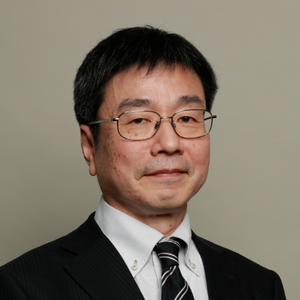Event Details
Against the backdrop of the covid-19 pandemic geopolitical events, such as the war in Ukraine and US-China tensions, have created great uncertainty for businesses. In response to the resulting supply disruptions, and in anticipation of a slowdown in trading activity in 2023, businesses are focused on enhancing their resilience for the longer term with the aim of insulating themselves from future shocks.
As China takes a stricter approach to corporate concerns, such as data privacy and financial dividends, executives say that the mood is tenser than ever. Since the spring, Chinese officials have searched the offices of consultancies Capvision and Bain and they have detained employees from Mintz, an American due-diligence firm, and Astellas, a Japanese pharmaceutical company. This has prompted an unprecedented capital outflow from China, estimated at $755 billion in 2023 by EIU.
Some of that capital may be flowing over to Japan. While other emerging economies, such as Vietnam and increasingly India, are attracting significant foreign capital and driving the relocation of critical manufacturing, such as electronics and pharmaceuticals, Japan still offers important economic and political advantages that may entice some companies, especially Western firms, to move here. Join us at this event where we will bring together Simon Baptist, chief economist at EIU, and a panel of corporate executives from key sectors to discuss how companies operating in Japan may stand to benefit from the shifting supply chains in the region.





